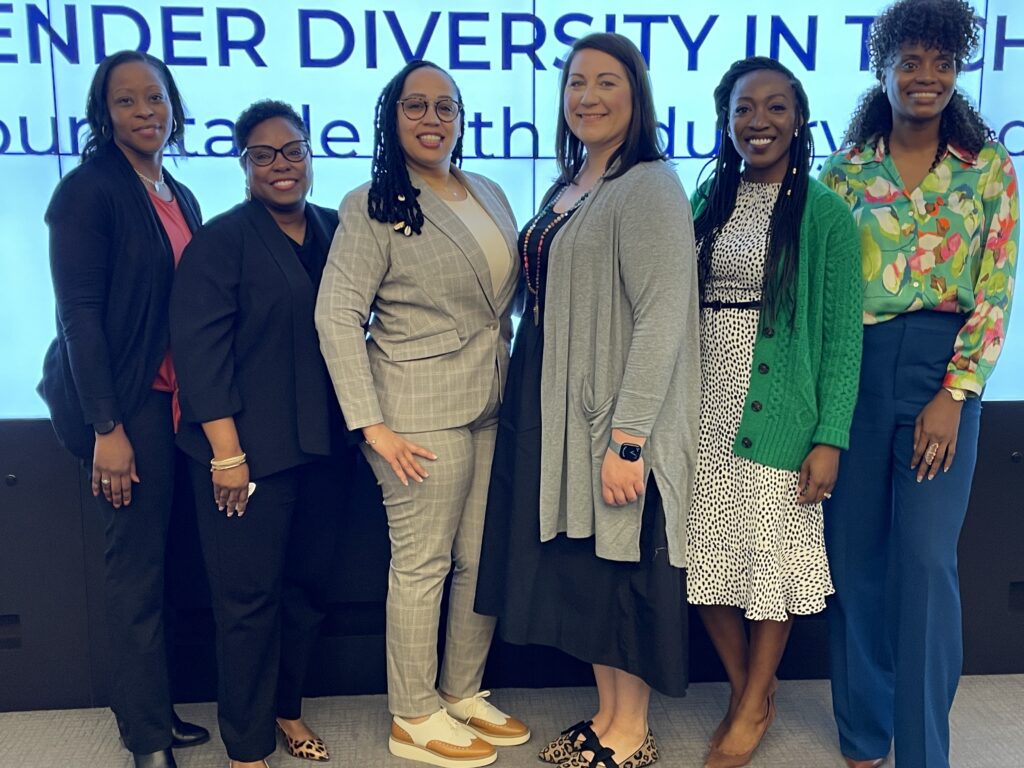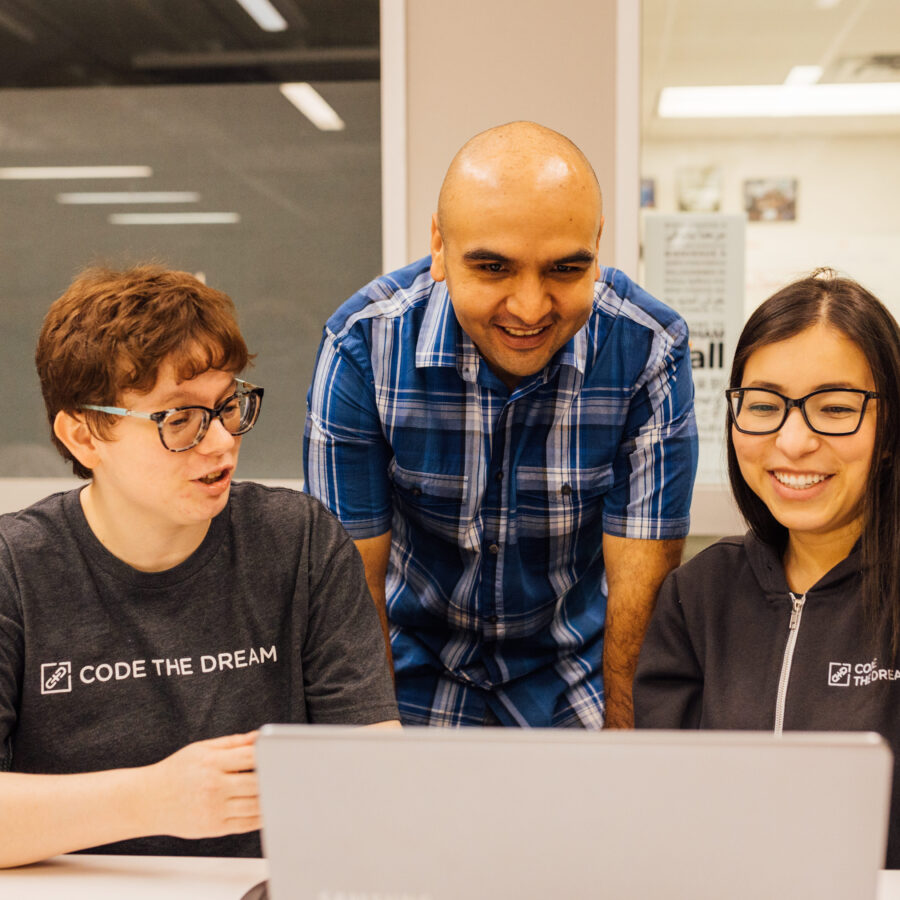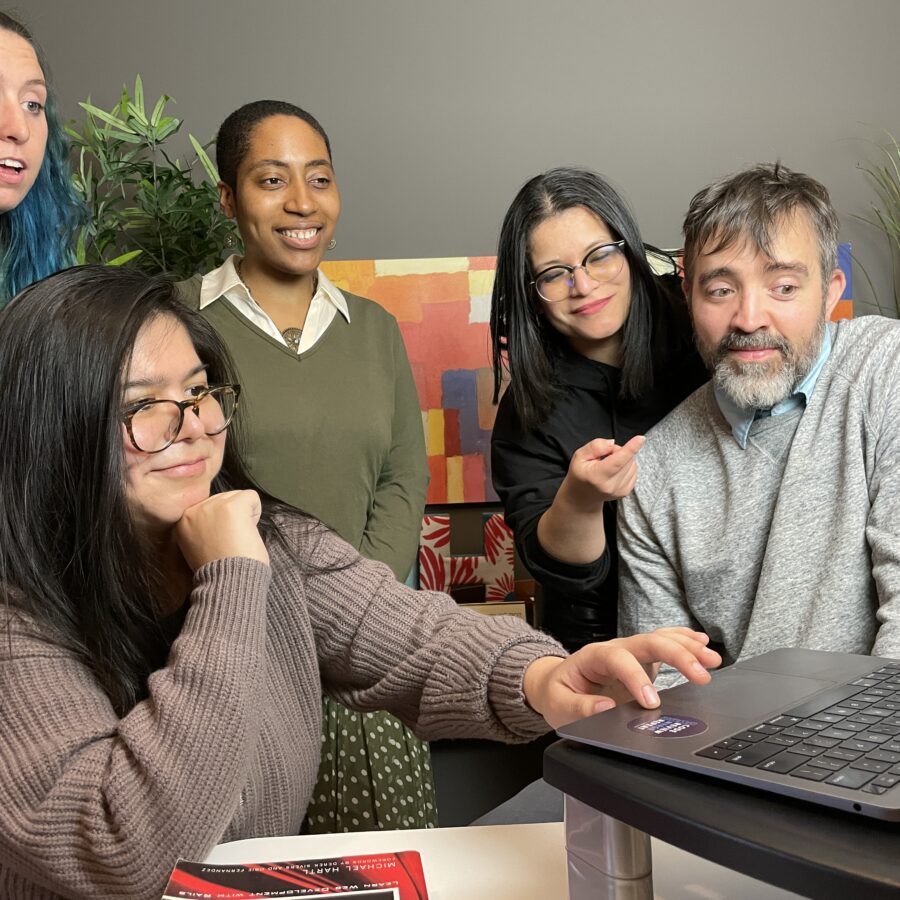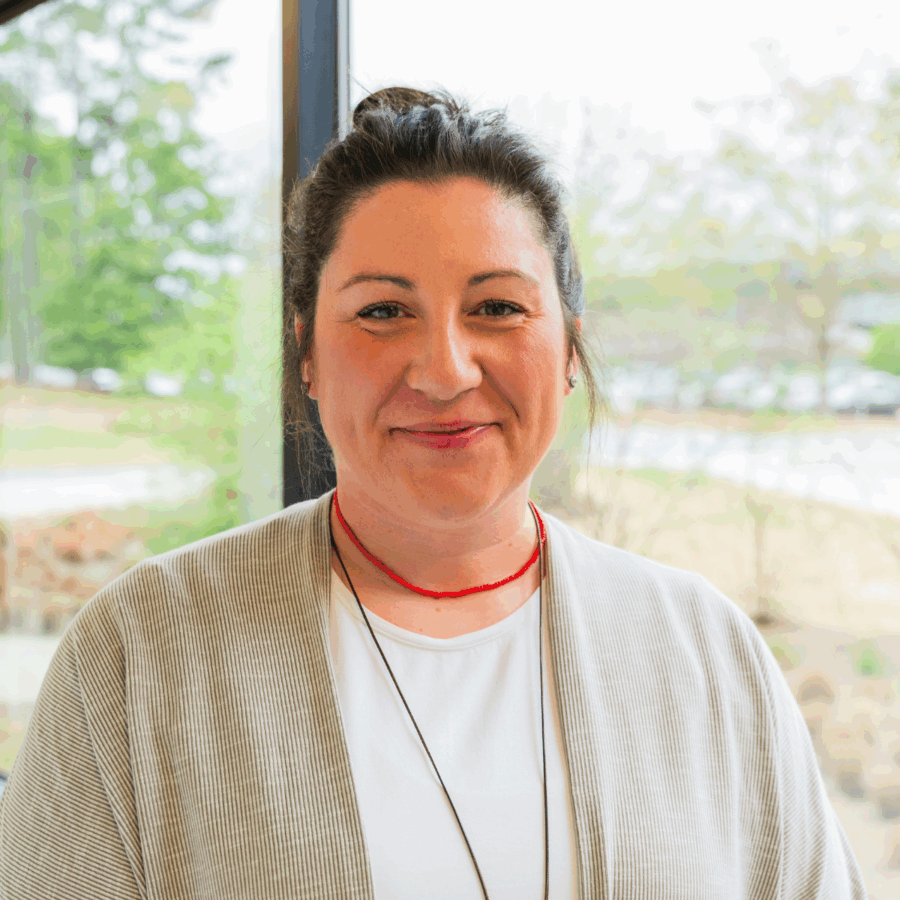On March 21, Code The Dream hosted a roundtable discussion about gender diversity at MetLife campus in Cary.
Five leaders from across the tech industry joined the conversation:
- Phoebe Thermitus, Director, Project Manager at Lenovo
- Anika Wall, Vice President of Production Enablement for Global Customer Service and Operations at MetLife
- Tamecka Taylor, Group Technology Manager, Development Engineering – Computing at Truist
- Sarah Chick, Senior Manager of Strategic Engagement at RTP
- Sweetie Browne, Chief of Staff, Global IoT Sales at Cisco
The panel was hosted by CTD Co-Executive Director Daisy Magnus-Aryitey.

Each speaker offered incredible insights and actionable steps toward making the tech industry a more diverse workforce for everyone to thrive. They shared how they got into the tech industry, strategies they use to overcome adversity or bias against them, and how others can be strong allies in the fight for equity and diversity.
Most of the panelists, just like many students at Code The Dream, took non-traditional paths to tech careers. Their diversity of experience gave them the kind of insight and perspective that enhance the projects they’re working on and the way they conduct themselves professionally — just like many of our CTD students!
“Before getting into tech, I was a clinical therapist for 12 years. My dad was an engineer for Hewlett-Packard and I just thought that tech was really beyond me. But it actually took a lot of burnout in 2016 and another woman giving me a chance at an entrepreneurial tech company to leave my clinical life behind and start into a new space.”
Sarah Chick
Know Your Value
Anika Wall, a longtime employee at IBM before moving over to MetLife, shared a lesson she learned early in her career about recognizing your own value when it feels like you are being ignored or overlooked.
“Starting out as a young programmer, just out of college, I didn’t know my value. I knew I could sit down at a computer and I could write some code. You know, I was pretty good at it, but I didn’t know my value and I didn’t know that, oh, I could be a leader of an organization. I can lead people and we can deliver a lot of great things.
So even though you get passed over, to your point, it can be that you’re passed over because people don’t value you. But I also take a moment to reflect on my own value. What skills do I bring to the table? Did I voice those skills? Did I let people know that I had those skills? And then also, what are my gaps?”
Anika Wall
The Importance of Allyship
Unfortunately, we know that having the skills for a position isn’t always enough. Bias can limit opportunities for folks from diverse backgrounds which is why allyship is critical.
“Allyship takes boldness. Allyship takes action. It’s about sponsoring somebody. It’s about including somebody in your network. It’s about taking somebody out to lunch. It’s about listening to their dreams, listening to their trajectory, and saying, ‘How can I be an active partner in helping you get to where you want to be.’
And so let’s, let’s begin to kind of move away from this definition of allyship that doesn’t cost anybody anything. If you want to be involved, it should cost you something. It should be, ‘I’m gonna give up my speaking spot,’ like you said, Sarah, to give it to somebody else so that their voice can be uplifted as well.”
Daisy Magnus-Aryitey
You can watch this powerful, information-packed conversation in full on our





